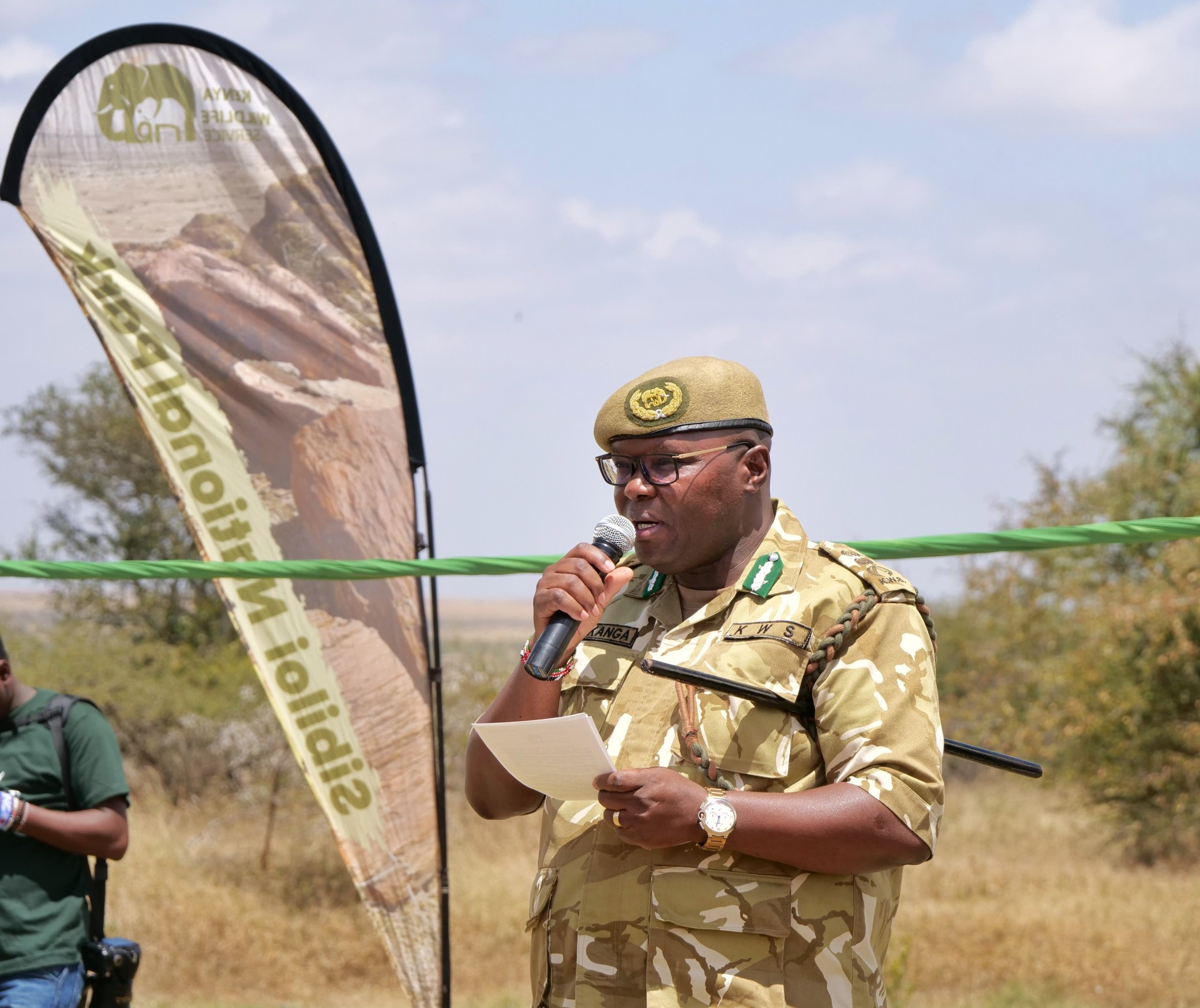
KWS proposes first park fees review in 18 years to bridge Sh12bn shortfall » Capital News
NAIROBI, Kenya, Jul 10 — The Kenya Wildlife Service (KWS) has proposed the first comprehensive review of national park access fees in 18 years, as part of an ambitious plan to close a Sh12 billion annual funding gap.
The proposed changes, contained in the draft Wildlife Conservation and Management (Access and Conservation Fees) Regulations, 2025, aim to generate sustainable financing for wildlife protection, ecosystem restoration, and infrastructure upgrades in protected areas across the country.
“This review is not just about revenue—it is about the survival of our wildlife and the resilience of our conservation systems,” said KWS Director General Prof Erustus Kanga on Thursday.
“It’s a bold and necessary step to protect our biodiversity, support communities who coexist with wildlife, and secure the future of Kenya’s natural heritage for generations to come.”
KWS currently generates Sh7.92 billion annually against a budgetary requirement of Sh19.79 billion, resulting in significant constraints on its ability to respond to poaching, human-wildlife conflict, and climate-related threats.
The proposed fee structure seeks to double revenue to Sh16.58 billion by 2028, according to an impact assessment that informed the revision.
KWS sources over 90 per cent of its internal revenue from tourism-related activities, yet the current fee framework has remained unchanged for nearly two decades, despite inflation, evolving visitor expectations, and increased operational demands.
Conservation efforts
The agency intends to deploy the revised fees to restore degraded habitats and ecosystems, enhance anti-poaching and wildlife security, and improve park infrastructure and services.
KWS also seeks to raise additional funds to expand conservation education programs, strengthen the protection of endangered species and reduce dependency on Exchequer support.
Prof Kanga emphasized that the proposal balances conservation needs with Kenya’s global reputation as an affordable, world-class tourism destination.
“This isn’t just about finances. Over one million Kenyans depend on a vibrant wildlife economy—ranging from community scouts and rangers to tour operators, hoteliers, and artisans,” he said.
The initiative forms part of KWS’s 2024–2028 Strategic Plan and is being rolled out through a transparent and inclusive public participation process.
KWS invited stakeholders to review the draft regulations and submit feedback at its offices, the Ministry of Tourism and Wildlife, or via email at rates@kws.go.ke.
Wildlife tourism contributes nearly 10 per cent to Kenya’s GDP and generates over USD 1 billion in direct annual revenue with KWS seeing the review as a critical step toward unlocking even greater ecological and socio-economic benefits.